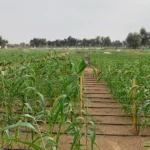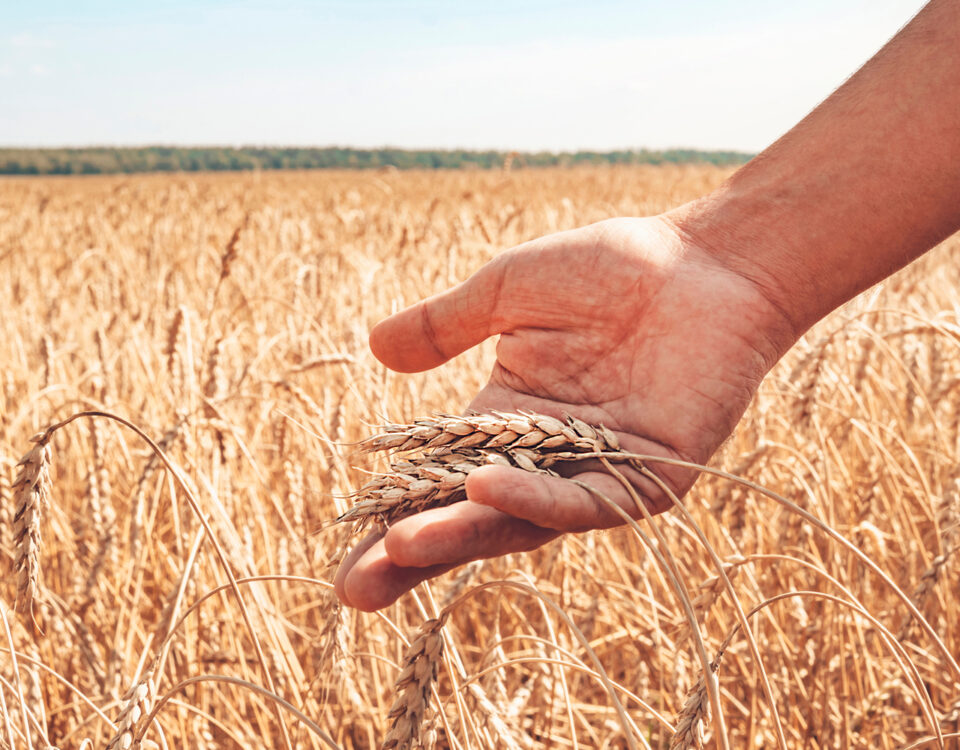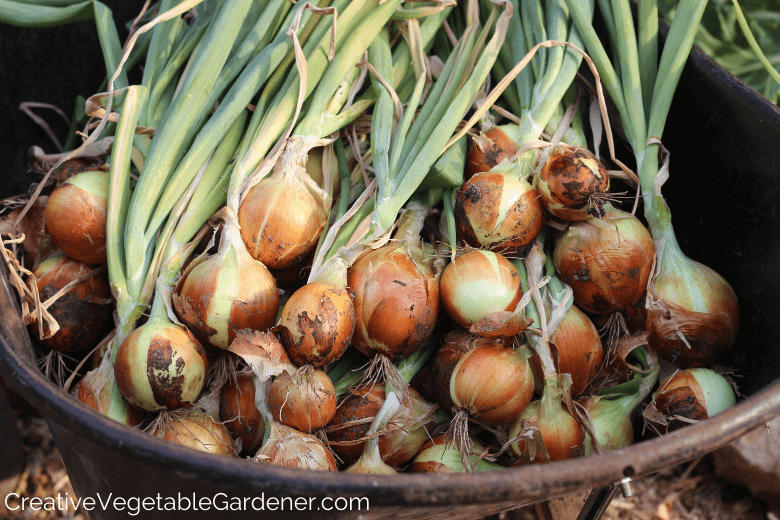
Innovative Irrigation Techniques to Boost Productivity
September 5, 2024
How to Boost Millet Yield in Arid Desert Climates
September 7, 2024Understanding Common Pests in Marchan Crops
The first step to preventing pest damage in Marchan crops is to understand the types of pests that commonly target these fields. Marchan crops, like many others, can be vulnerable to a variety of pests, including insects, rodents, and fungi. Some of the most common pests are aphids, beetles, and caterpillars, which feed on the leaves, stems, and fruits of the plants. Recognizing the signs of infestation early, such as yellowing leaves, holes in the foliage, or wilting plants, can help farmers act promptly to prevent widespread damage. Regular scouting and monitoring of the crops are crucial to detecting these pests before they cause significant harm.
Organic Pest Control Methods
For farmers seeking to minimize chemical use, organic pest control methods offer a sustainable alternative. One of the most effective ways to manage pests organically is through biological controls, such as introducing beneficial insects like ladybugs, which naturally prey on harmful pests like aphids. Additionally, farmers can use neem oil, a natural pesticide, to deter insects without harming the crops. Companion planting is another organic strategy, where crops that naturally repel pests are planted alongside Marchan crops. For instance, marigolds are known to repel nematodes and other harmful insects. These methods not only reduce pest populations but also support biodiversity in the fields.
Chemical Pesticides for Immediate Action
In cases where pest infestations are severe and require immediate intervention, chemical pesticides may be necessary to prevent further damage. Modern pesticides are designed to be more targeted and environmentally friendly, but they should still be used with caution. It is important to follow the manufacturer’s guidelines for proper application and dosage to avoid harming the crops or the surrounding environment. Pesticides should only be used when absolutely necessary and in conjunction with other pest management strategies to reduce the likelihood of resistance developing in pest populations.
Integrated Pest Management (IPM)
Integrated Pest Management (IPM) is a comprehensive approach to pest control that combines multiple methods to keep pest populations under control. Rather than relying solely on chemical or organic methods, IPM encourages farmers to use a combination of biological, cultural, and mechanical practices to minimize pest damage. For example, crop rotation can disrupt the life cycle of pests, while physical barriers like row covers can prevent pests from reaching the crops. Regular monitoring and the use of pest-resistant crop varieties are also key components of IPM. By adopting this holistic strategy, farmers can protect their Marchan crops from pests while reducing environmental impact.
Maintaining Healthy Soil and Crop Conditions
A healthy crop is better equipped to resist pests, which makes soil health a critical factor in pest management. Ensuring that Marchan crops receive proper nutrients, water, and sunlight can help strengthen the plants’ natural defenses against pests. Adding compost or organic fertilizers to the soil can improve its fertility and encourage beneficial microorganisms that suppress harmful pests. Crop diversity and proper spacing can also reduce the likelihood of pest infestations by making it harder for pests to move from plant to plant. Maintaining optimal crop conditions is a proactive way to minimize pest problems before they start.
Regular Monitoring and Early Intervention
One of the most effective ways to prevent pest damage is through regular monitoring and early intervention. Farmers should inspect their Marchan crops frequently, looking for signs of pest activity or damage. By catching infestations early, farmers can implement control measures before the pests spread and cause significant harm. Setting up traps or using pheromone lures can help monitor pest populations and provide early warnings. Early intervention, whether through organic methods, mechanical traps, or targeted pesticide use, can save the crops and reduce the need for more aggressive treatments later on.
to read more agriculture related blogs on the website Click here.
The topic for writing this blog has been taken from the post of a farmer from the Sindh Abadgar Board Facebook page.





